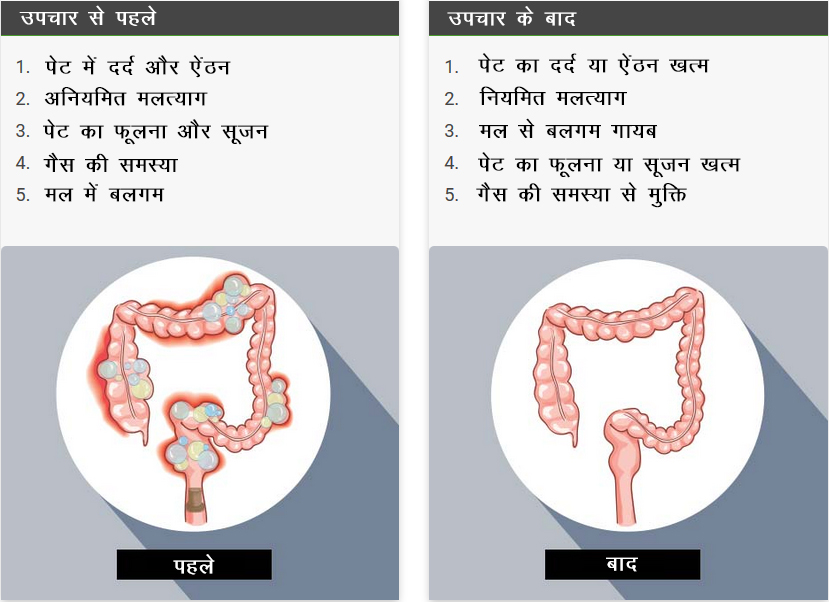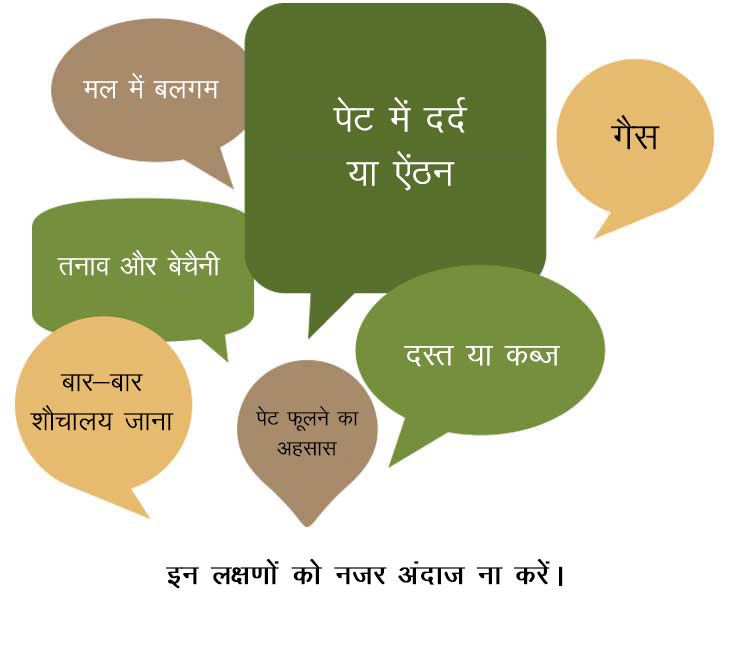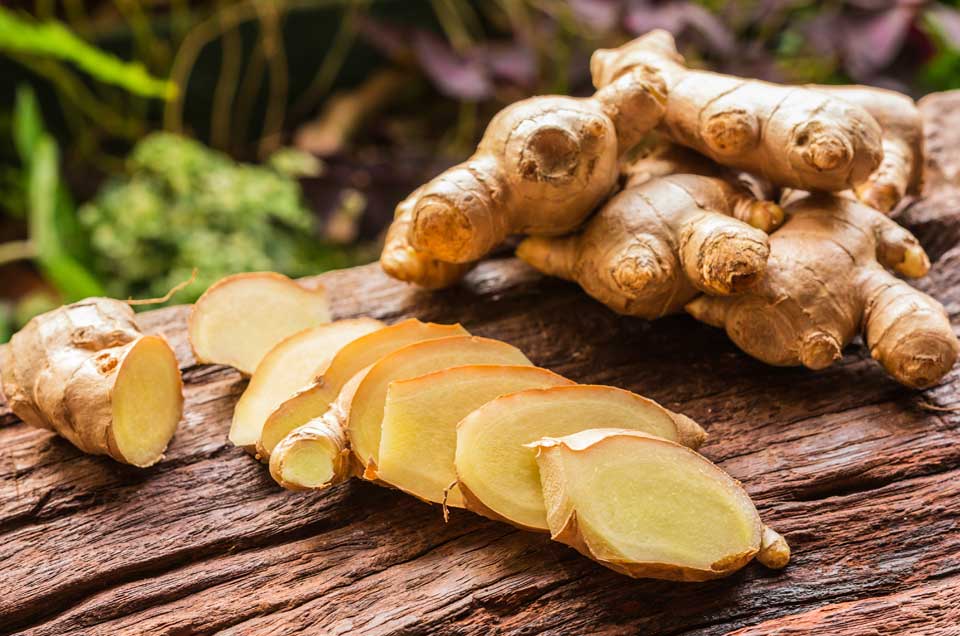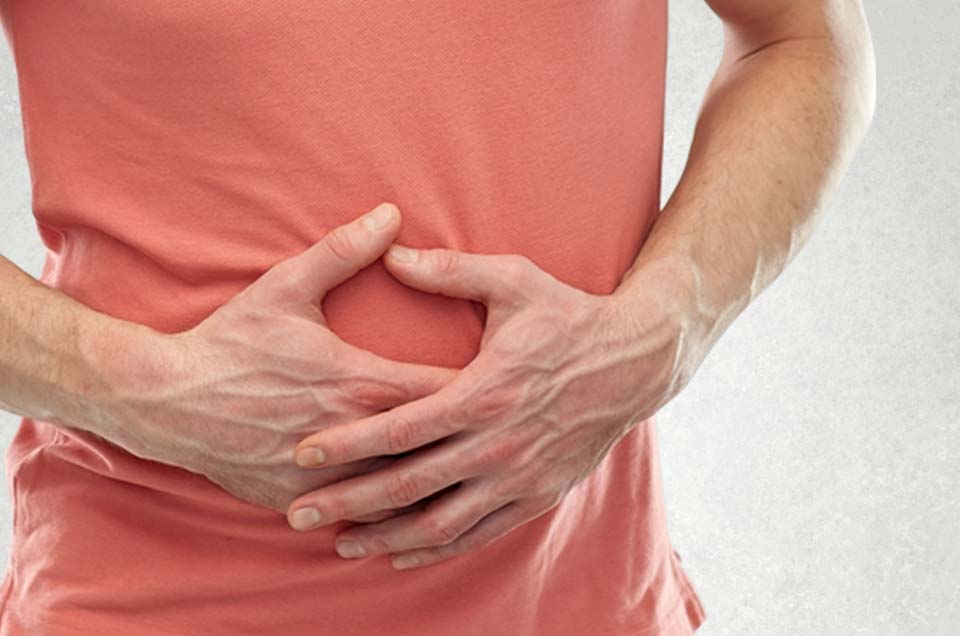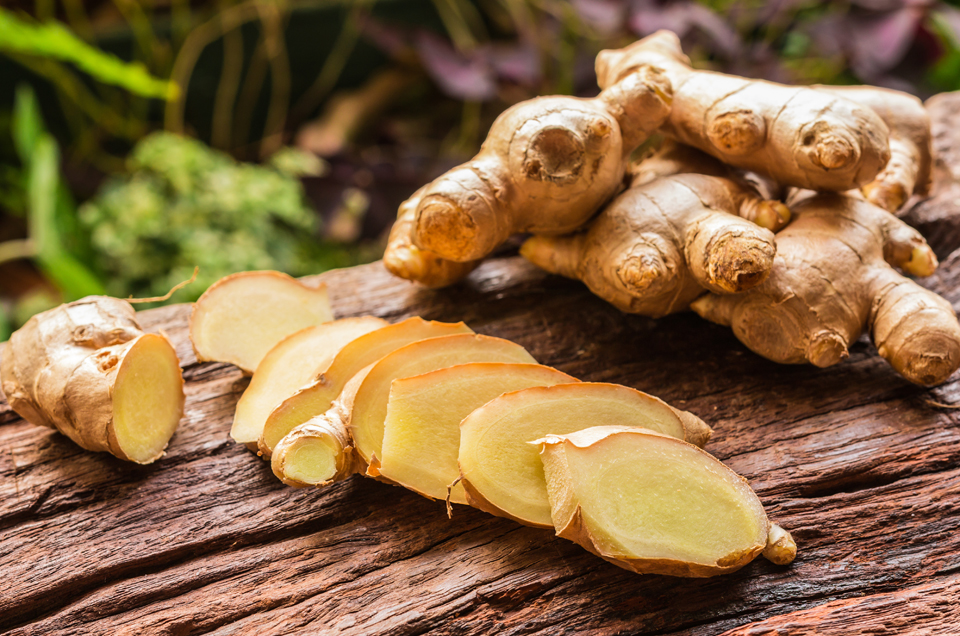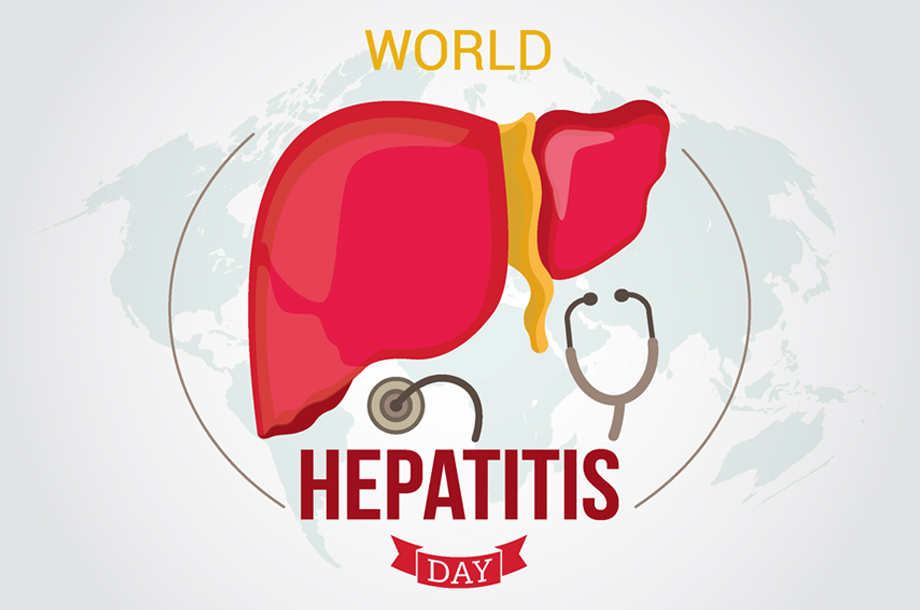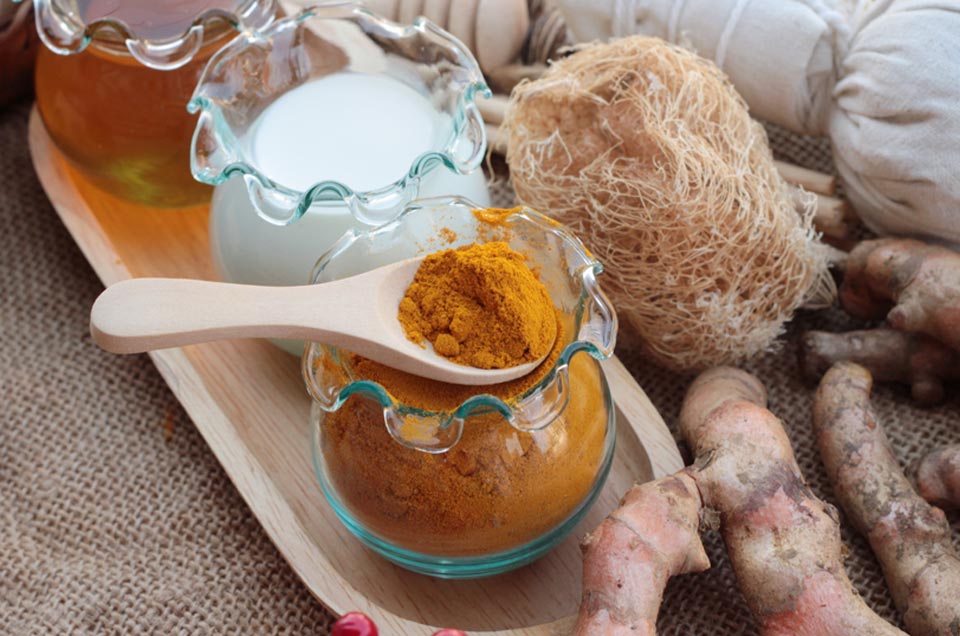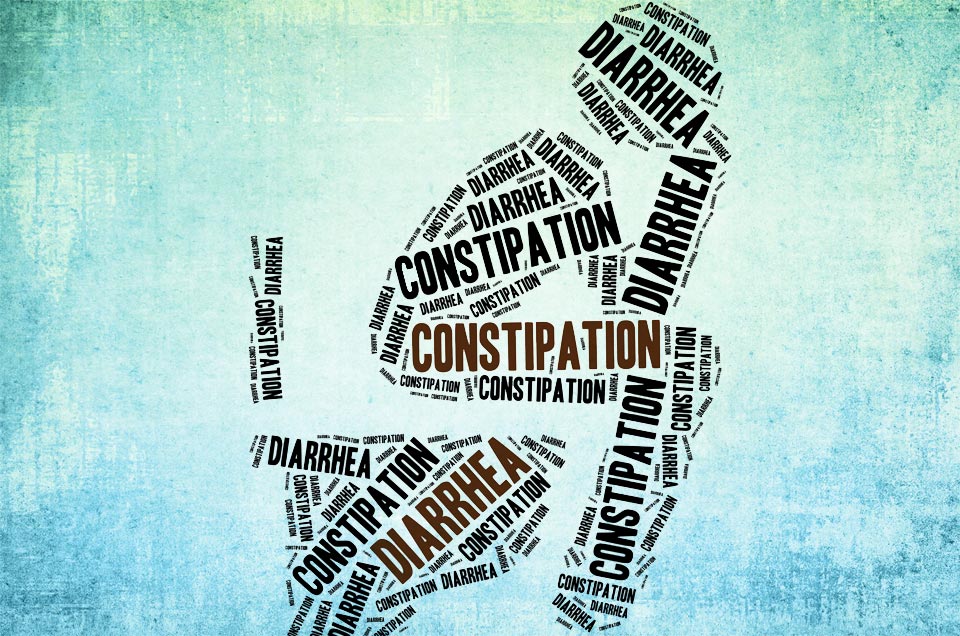In urban India today, 7 out of every 10 people report digestive issues according to a 2023 survey. That means if you live in a metro city, chances are you or someone around you deals with gas, bloating, acidity, or irregular bowel habits. This rising concern has pushed gut health into the spotlight as one of the most important wellness trends in 2025.
Your gut is the key to your overall health, and these small problems are just the tip of the iceberg. Ayurveda says that your digestive fire, or Agni, is the key to good health. When it gets weak, toxins called Ama build up, which can affect your energy levels and immunity. Many people are therefore turning to Ayurvedic wisdom for safe, all-natural solutions as modern science links gut imbalances to mental health, metabolic disorders, skin problems, and more.
Why Is Gut Health So Important in 2025?
Gut health is one of the most important things for personal health. Why? More and more people are learning that digestion isn't just about food. It has a big effect on your mood, energy, immunity, and even your skin health.
Everyone is talking about gut health, from social media stars to nutritionists and Ayurveda experts. This is because most health problems often start in the gut.
Your gut and the microbiome
Ayurveda has known for hundreds of years that your gut is home to billions of bacteria. This is now confirmed by modern science. These tiny creatures help your body break down food, absorb nutrients, and fight off infections. When the bacteria in your gut are out of balance, it affects everything. You may feel tired, bloated, or even depressed, and your digestion may slow down.
Why people are opting for Ayurveda
There are a number of chemically made medicines and powders in the market today, but most of them only work for a short time. This is why more people are using Ayurveda. It doesn't just treat the symptom; it looks for the root cause. Ayurveda can help you learn about your body, how you digest food, and what foods and habits are best for you. It is gentle, natural, and good for the environment.
What Does Ayurveda Say About Gut Health and Digestion?
Ayurvedacharyas say that your health starts with good digestion. When your digestion is working well, you feel light, clear, and full of energy. You might feel heavy, bloated, dull, or restless if it's weak or out of balance.
Agni – Your digestive fire
Agni is the term for "digestive fire" in Ayurveda. It gives you the energy you need to break down food, absorb nutrients, and get rid of waste. When your Agni is strong, you digest food well and feel good. When Agni is weak, food that hasn't been digested turns into toxins called Ama. These toxins then spread through your body and make you sick.
There are several kinds of Agni:
- Tikshna Agni means "strong digestive fire".
- Mand Agni means digestion that is weak or slow.
- Visham Agni means that your digestion is not regular; it can be fast or slow at times.
Even if you're eating healthy meals, your body can't process food properly when your Agni is out of balance.
Koshta – Your digestive path
Ayurveda calls your digestive tract, from your stomach to your intestines, "koshta." It means how easily your body gets rid of waste and breaks down food. Like Agni, your Koshta can come in different forms:
- Mridu Koshta often means soft bowels and loose stools.
- Krur Koshta means hard bowels and constipation.
- Madhyam Koshta means a balanced bowel movement.
Agni and Koshta work together to decide how well your digestive system works. Ayurveda teaches you how to pick foods and habits that are good for your digestive type.
The role of doshas in digestion
Ayurveda says that your doshas (Vata, Pitta, and Kapha) also affect your digestion. An imbalance in Vata can cause gas, dryness, and constipation.
- An imbalance in Pitta can cause heartburn, acidity, and burning.
- When kapha is out of balance, it can make you feel heavy, slow down your digestion, and lead to excess mucus.
You can keep your gut healthy by knowing your dosha and Agni and picking the right foods, herbs, and routine.
How Do You Know if Your Gut Is Imbalanced According to Ayurveda?
A weak or unbalanced gut could be to blame for a lot of the problems you have every day. But the good news is that your body sends you clear messages; you just need to learn how to see them.
Some of the common signs that your gut is not working well:
- After meals, you often feel bloated or gassy.
- You are constipated or have to go to the toilet a lot.
- You still feel tired after a full night of sleep.
- You often get headaches or mood swings.
- Your tongue is coated, or you have bad breath.
- After you eat, you feel tired or heavy.
These signs usually mean that Agni is weak or that Ama has built up in the body.
What Are the Best Ayurvedic Treatments for Gut Health in 2025?
More people are using herbal and natural remedies to help with digestion in 2025 instead of medicines that are made with chemicals. Ayurveda has strong but gentle ways to heal your gut, balance your doshas, and improve your health in general.
Ayurvedic herbs that are good for your gut
Here are some herbs and other things that are popular in 2025 because they are good for digestion:
Triphala: Amla, Haritaki, and Bibhitaki are three fruits that make up triphala. It helps clean out your colon and makes it easier to pass stool. It is great for balancing all doshas, but if you have soft bowels, you should use it with care.
Amla: Amla, or Indian gooseberry, is high in vitamin C and helps with digestion. It is great for people who have acidity or Pitta imbalance.
Ajwain (Carom Seeds): Ajwain is great for getting rid of gas, bloating, and upset stomach. It is good for problems with Vata.
Fennel seeds (saunf): Fennel seeds help cool the stomach and lower acidity. It gently improves your appetite, also.
Liquorice (Mulethi): Liquorice calms the lining of the stomach. It is very good for ulcers, acid reflux, and an inflamed gut.
Kutki: Kutki is a herb that helps the liver and also helps digestion and bloating. It is good for cleaning out the gut.
Dosha-based suggestions
- If you’re Vata-dominant: Go for warming herbs like Ajwain and ginger. Use ghee to lubricate your gut.
- If you’re Pitta-dominant: Amla and licorice can help cool and soothe the digestive system.
- If you’re Kapha-dominant: Choose light and drying herbs like Triphala and turmeric. Avoid oily or cold foods.
How Can You Eat According to Your Gut Type (Koshta) in Ayurveda?
Ayurveda is great because it helps you eat in a way that works for your Koshtha, or gut type. If you know your Koshta, it's easier to pick the right foods and avoid stomach problems.
For Krur Koshta (Constipation-prone)
What to Consume:
- Warm, oily foods, such as ghee, in lukewarm water
- Vegetables that have been cooked, like pumpkin and bottle gourd
- Bananas, papayas, and soaked figs
- Wheat, barley, and other whole grains.
- Ajwain, ginger, and black salt as spices.
- 2–3 litres of warm water every day
What to Avoid:
- Salads that aren't cooked
- Cold drinks
- Fried and dry foods
- Cabbage, rajma, and other foods that make you gassy.
For Mridu Koshta (who has loose stools)
What to Eat:
- Lightly cooked foods like moong dal and khichdi
- Sweet potatoes, carrots, and other root vegetables
- Buttermilk with cumin or rock salt
- Spices: Saunf, jeera, and dry ginger
- Drink water when you're thirsty, but not too much.
What to Avoid:
- Food that is spicy and greasy
- Purgative herbs like Haritaki
- Fruits that are not ripe yet
- Milk and curd at night
These small changes based on your Koshta can have a big effect on your energy, mood, and stomach comfort.
Final Thoughts
Your gut talks to you every day, through energy dips, bloating, mood swings, or a simple sense of unease after meals. Ayurveda teaches you to listen. It doesn’t ask for big changes overnight, just small daily shifts that match your body’s natural rhythm. Whether it’s adding ghee to lukewarm water in the morning, eating lunch on time, or choosing herbs like Amla or Saunf, every step you take supports your digestion from within.
In 2025, when gut health is finally getting the attention it needs, you have more options than ever: clean Ayurvedic products, personalised diet tips, and time-tested remedies. It's not about what's popular; it's about finding what works for you. You can start your journey to a healthier gut today if you are aware of what you need to do and trust your body's wisdom.
FAQs
1. How to improve your gut health with Ayurveda?
You can fix your gut by eating warm foods, ghee, and herbal teas, and following a daily routine that works for your body type.
2. How to lubricate the intestines as per Ayurveda?
Ayurveda says that in the morning, you should take one spoonful of cow ghee with warm water to naturally lubricate your intestines and help you have easy bowel movements.
3. How to clean a colon in Ayurveda?
Ayurveda often uses triphala, castor oil, and Panchakarma treatments like Basti to gently clean the colon and get rid of waste that has built up.
4. How to get rid of gas in the stomach using Ayurveda?
Eat roasted ajwain with black salt or drink warm saunf (fennel) water. These help get rid of stuck gas and make your stomach feel better fast.
5. Can stress affect your digestion in Ayurveda?
Yes. According to Ayurveda, mental stress can upset Vata dosha, which can make digestion slower, cause bloating, and make bowel movements irregular. Yoga and pranayama every day are very helpful.
6. What is the best Ayurvedic drink for digestion?
One of the best Ayurvedic drinks to calm your stomach and help you digest food better after meals is buttermilk (takra) with cumin and rock salt.




